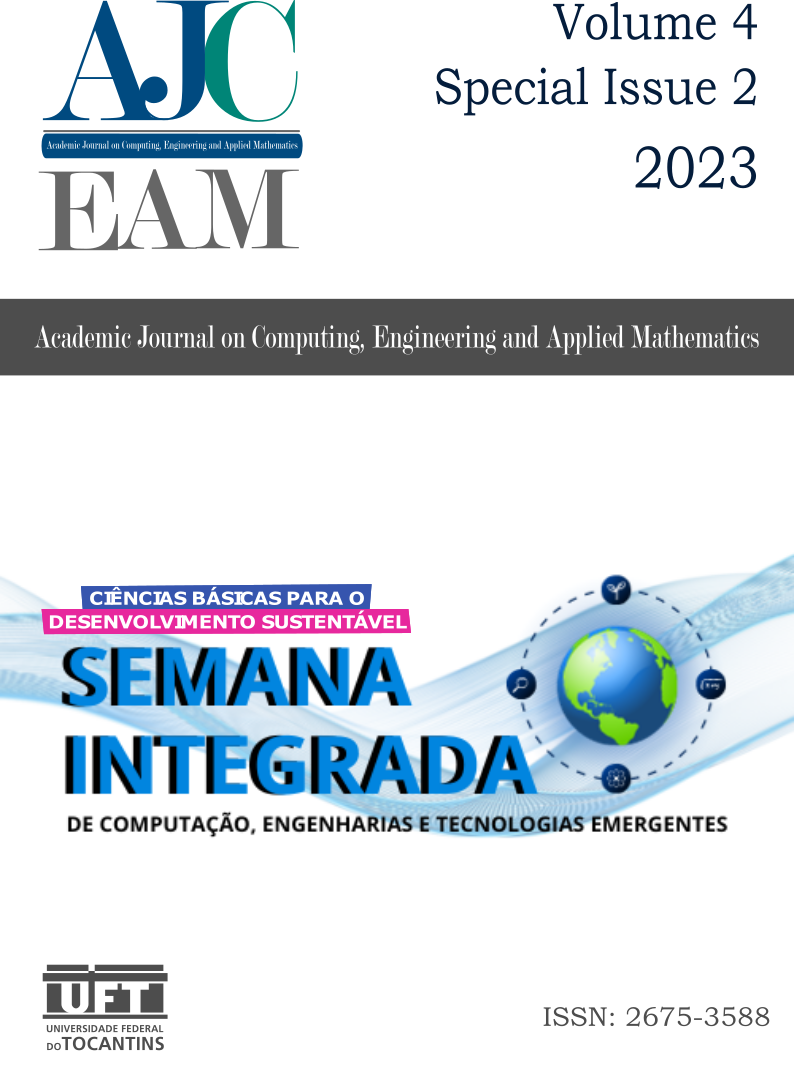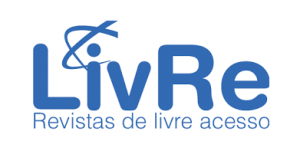Smart Cities: Energy and Sustainability
DOI:
https://doi.org/10.20873/uft.2675-3588.2023.v4n2.p21-24Keywords:
Cidades inteligentes, Energia, SustentabilidadeAbstract
With population growth come significant challenges that we must address in the coming years, especially for governments, businesses, and universities. Among these challenges, population growth in urban areas stands out as a cause for concern about the future of energy resources. Sustainable development increasingly depends on effective management that encompasses economic, social and environmental dimensions. To achieve this goal, the public and private sectors are investing in technologies and other resources in an attempt to implement the smart city concept. Although the term "smart city" is widely used, there is not yet a general consensus on its meaning. However, there is some agreement that these cities are characterized by the widespread use of information and communication technologies (ICTs), which help cities improve the use of their resources in various urban areas. This article aims to provide a brief introduction to the concept of smart city, establishing a close relationship with energy and sustainability, given the importance of this issue in today’s society. It also presents some of the most important cities in the continents, as well as in the Brazilian context, highlighting the reasons that qualify them as Smart Cities.
Downloads
Published
How to Cite
License
Copyright (c) 2023 Beatriz de Barros Brito, Stefani Carolline Leal de Freitas, Kathy Camila Cardozo Osinski Senhorini, Jadiel Caparros da Silva

This work is licensed under a Creative Commons Attribution-NonCommercial 4.0 International License.
Authors who publish in this journal agree to the following terms:
- Authors retain copyright and grant the journal the right of first publication, with work simultaneously licensed under the Creative Commons Attribution License (CC BY-NC 4.0), allowing work sharing with acknowledgment of the work's authorship and initial publication in this journal. ;
- Authors are authorized to enter additional contracts separately for the non-exclusive distribution of the version of the work published in this journal (eg, publishing in an institutional repository or as a book chapter), with acknowledgment of authorship and initial publication in this journal;
- Authors are allowed and encouraged to post and distribute their work online (eg, in institutional repositories or on their personal page) at any point after the editorial process;
- In addition, the AUTHOR is informed and agrees with the journal that, therefore, his paper may be incorporated by the AJCEAM into existing or existing scientific information systems and databases (indexers and databases). in the future (indexers and future databases), under the conditions defined by the latter at all times, which will involve at least the possibility that the holders of these databases may perform the following actions on the paper:
- Reproduce, transmit and distribute the paper in whole or in part in any form or means of existing or future electronic transmission, including electronic transmission for research, viewing and printing purposes;
- Reproduce and distribute all or part of the article in print;
- Translate certain parts of the paper;
- Extract figures, tables, illustrations, and other graphic objects and capture metadata, captions, and related article for research, visualization, and printing purposes;
- Transmission, distribution, and reproduction by agents or authorized by the owners of database distributors;
- The preparation of bibliographic citations, summaries and indexes and related capture references from selected parts of the paper;
- Scan and/or store electronic article images and text.



